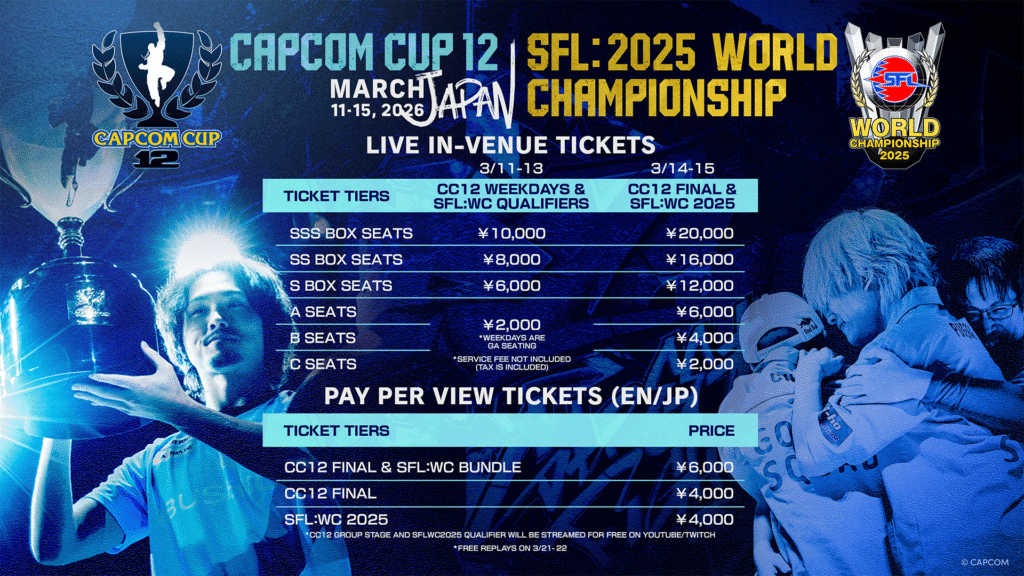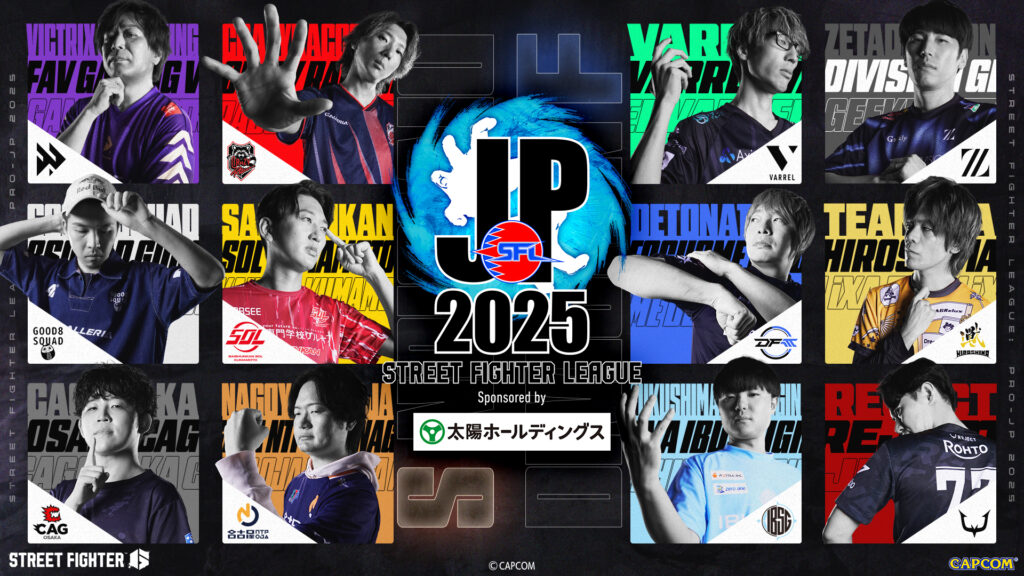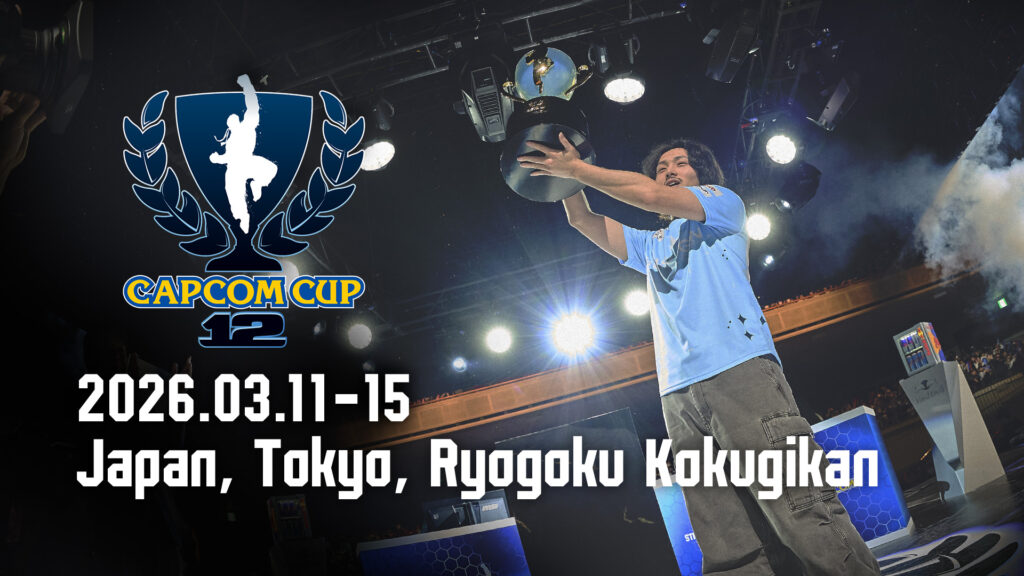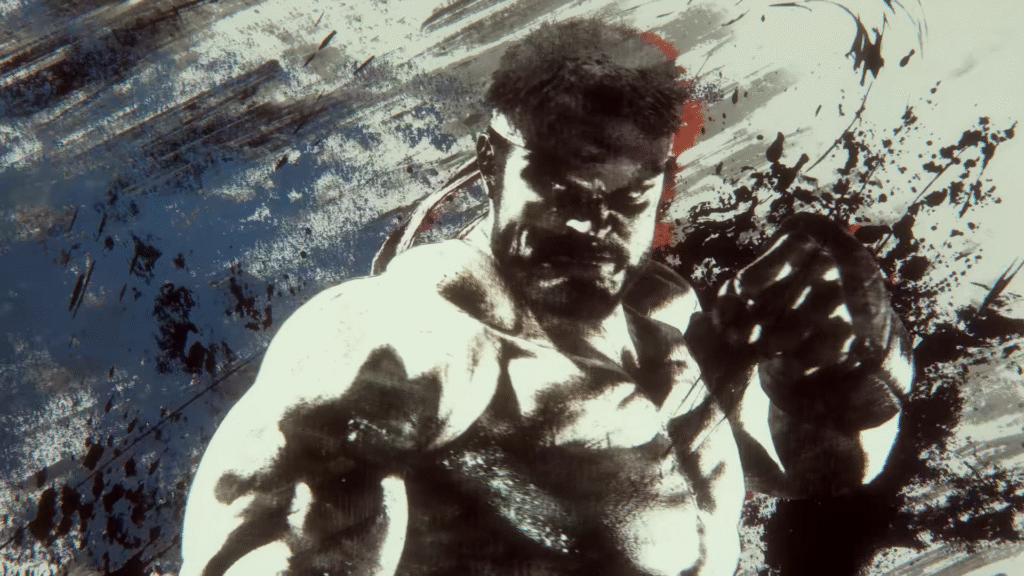Main Navigation Menu
© 2025 Tech Jacks Soutions, All Rights Reserved
© 2025 Tech Jacks Soutions, All Rights Reserved

Capcom Cup PPV disaster has ignited fierce Fighting Game Community backlash as Capcom announces pay-per-view requirements for the Street Fighter 6 championship finals. Capcom Cup 12 Finals on March 14th will require payment to watch live, with free replays delayed one week, creating unprecedented access barriers for competitive fighting game’s most prestigious tournament.

Essentially Sports reports that fans are left speechless as Capcom locks Street Fighter 6 finals behind a paywall, illustrating how the Capcom Cup PPV disaster symbolizes a fundamental betrayal of the community values that built the competitive fighting game scene. The announcement turns freely accessible championship viewing into paid premium content, excluding the majority of fans from participating.
Sports Illustrated coverage highlights fighting game fans’ anger over the sudden change to the Capcom Pro Tour, showing how grassroots organizers and professional players unite against corporate monetization strategies. The backlash demonstrates a sophisticated understanding that requiring PPV damages tournament accessibility while bringing in little revenue compared to other sponsorship models.
The timing worsens the Capcom Cup PPV disaster, especially since there was no community consultation, and major tournament format changes were announced without input or feedback from stakeholders. Capcom’s unilateral decision ignores decades of collaborative efforts between developers and community organizers who built the competitive infrastructure.
Liquipedia’s Capcom Cup page emphasizes the tournament’s historical importance as the Fighting Game Community’s top championship event, which traditionally has been free to watch. This format change represents a systematic abandonment of the community principles that supported competitive Street Fighter through many game releases and economic cycles.

A Reddit discussion reveals the Japanese Fighting Game Community’s negative reaction to the Capcom Cup PPV announcement, showing how monetization issues go beyond regional boundaries and lead to global community resistance. Japanese players and organizers share concerns about accessibility barriers and corporate greed undermining grassroots tournament culture.
The international backlash highlights the Capcom Cup PPV disaster as a violation of universal community values rather than just a Western market issue. When Japanese Fighting Game Community members criticize Capcom’s domestic strategy, it exposes a fundamental disconnect between corporate revenue goals and player community priorities.
Japanese esports culture traditionally emphasizes community accessibility and arcade roots, where competitive gaming thrived through public venues rather than exclusive viewing options. The Capcom Cup PPV disaster directly contradicts these cultural principles by creating artificial scarcity for championship content that once supported community building.
The global opposition demonstrates the Fighting Game Community’s advanced understanding of how pay-per-view models harm tournament health. Players see that lower viewership impacts sponsor interest, prize pools, and the scene’s sustainability, beyond just immediate PPV earnings.

Esports Heaven analysis examines pay-per-view as potential monetization solution to esports winter, contextualizing Capcom Cup PPV disaster within broader industry financial struggles. The article reveals systematic pressure where esports organizations seek alternative revenue streams during sponsor withdrawal and viewership decline periods.
The “esports winter” framing suggests corporate panic where traditional monetization models fail to generate sustainable profits despite massive viewership numbers. Capcom Cup PPV disaster represents experimental response to financial pressures that prioritize short-term revenue extraction over long-term community health and tournament ecosystem sustainability.
Pay-per-view models contradict fundamental esports value propositions where free accessibility drives community growth and sponsor interest through demonstrated audience engagement metrics. When championship finals become exclusive premium content, the viewership reduction affects exactly the metrics that justify sponsor investments and prize pool contributions.
BCG analysis of esports entertainment future suggests industry transformation requires innovative business models rather than traditional sports media monetization strategies. Capcom Cup PPV disaster demonstrates corporate failure to develop esports-appropriate revenue generation that respects community values while achieving financial sustainability.
The consulting perspective reveals how Capcom Cup PPV disaster stems from applying traditional sports broadcast economics to digital-native entertainment formats with fundamentally different audience expectations and consumption patterns. Fighting Game Community members expect free tournament access as baseline rather than premium privilege requiring additional payment.

The official Capcom Cup website offers minimal details about PPV implementation while emphasizing the championship’s prestige and competitive importance. The communication approach shows how the Capcom Cup PPV failure demonstrates poor transparency around pricing, regional access, and revenue sharing plans.
Grassroots Fighting Game Community infrastructure relies on tournament viewership access for local scene growth and developing players. When championship finals require payment, the value diminishes for amateur players who cannot afford viewing costs while trying to improve competitively. Community organizers face systematic setbacks because PPV models set a precedent for monetizing what was once free tournament content.
The Capcom Cup PPV failure sets a corporate expectation that competitive content should generate direct revenue from consumers instead of supporting community building and attracting sponsors. Attendance and participation at local tournaments are linked to access to major championships, as players find inspiration from watching top-level matches. Pay-per-view barriers limit this exposure and harm the development pipeline that maintains a healthy competitive scene across skill levels and regions.

Fighting Game Community members regularly suggest alternative ways to generate revenue, including better sponsorship packages, premium subscription levels with extra content, and voluntary supporter programs. The Capcom Cup PPV failure shows that companies often ignore community input, preferring aggressive monetization over collaborative solutions.
Alternative subscription models could keep free access to championships while providing ongoing income through added value content like behind-the-scenes footage, player interviews, and technical analysis. These methods respect community values of accessibility while establishing sustainable funding streams that help grow the tournament scene.
Voluntary supporter programs successfully fund many Fighting Game Community events through optional donations instead of mandatory payments for access. The Capcom Cup PPV failure overlooks these proven models that raise revenue while still allowing financially constrained fans to participate.
Corporate resistance to alternative monetization ideas indicates a focus on maximizing revenue that often overlooks the importance of community relationships. When companies reject collaborative financial solutions and favor extractive models, it reveals a fundamental misunderstanding of esports community dynamics compared to traditional sports broadcasting economics.

Fighting Game Community members regularly suggest alternative ways to generate revenue, including better sponsorship packages, premium subscription levels with extra content, and voluntary supporter programs. The Capcom Cup PPV failure shows that companies often ignore community input, preferring aggressive monetization over collaborative solutions.
Alternative subscription models could keep free access to championships while providing ongoing income through added value content like behind-the-scenes footage, player interviews, and technical analysis. These methods respect community values of accessibility while establishing sustainable funding streams that help grow the tournament scene.
Voluntary supporter programs successfully fund many Fighting Game Community events through optional donations instead of mandatory payments for access. The Capcom Cup PPV failure overlooks these proven models that raise revenue while still allowing financially constrained fans to participate.
Corporate resistance to alternative monetization ideas indicates a focus on maximizing revenue that often overlooks the importance of community relationships. When companies reject collaborative financial solutions and favor extractive models, it reveals a fundamental misunderstanding of esports community dynamics compared to traditional sports broadcasting economics.

The Capcom Cup PPV disaster exemplifies the fighting game industry’s biggest community betrayal, where corporate greed turns championship access into exclusive premium content, harming grassroots sustainability. Capcom’s unilateral move shows a disconnect from the values of the Fighting Game Community that built competitive Street Fighter into a global esports phenomenon.
The paywall shock exposes how corporate monetization desperation favors short-term profits over long-term community health and tournament ecosystem stability. Free access to championships is a core principle that has supported decades of grassroots growth through player dedication. The backlash from the Japanese Fighting Game Community reveals widespread opposition, with international players uniting against policies that contradict the cultural foundations of competitive gaming. When Capcom’s local players reject monetization tactics, it signals a fundamental business model failure rather than regional bias.
The esports winter of monetization desperation explains but does not justify the aggressive pay-per-view implementation, which ignores community input and alternative revenue options. Financial pressures are understandable, but Capcom Cup’s failure to develop esports-friendly monetization reflects strategic missteps that overlook audience expectations. Damage to community infrastructure extends beyond viewing access, affecting grassroots tournaments, player development pipelines, and local scenes. The pay-per-view precedent creates systemic monetization pressure across the ecosystem, turning previously free content into a profit source. Lack of transparency regarding revenue shares fuels community resistance, as Capcom offers no clarity on how PPV earnings fund prize pools or support the scene.
This communication failure suggests profit takes precedence over mutually beneficial arrangements that could justify access restrictions. Rejection of alternative monetization ideas indicates a dismissive attitude toward community expertise and collaborative solutions. Fighting Game Community members have proposed viable revenue models that maintain accessibility, but Capcom Cup PPV’s outcome shows a preference for extractive over partnership approaches. The manipulation of replay delays reveals tactics to artificially create scarcity, pressuring viewers to buy live streams rather than serving genuine business needs. The willingness to weaponize content timing against fans disrespectfully undermines the relationships that foster competitive success. Insightful community members should recognize the Capcom Cup PPV disaster as a clear signal that profit motives have overtaken community partnership values.
This monetization strategy acts as a testing ground for broader esports commercialization, risking the grassroots competitive culture. Fighting games deserve monetization methods that honor community values while meeting corporate sustainability goals. The disaster shows how aggressive commercialization erodes the grassroots enthusiasm and accessibility that initially built the scene’s value—value that corporations now seek to extract. The industry must develop revenue strategies through collaboration, informed by community input, rather than relying on unilateral decisions. Implementing PPV without stakeholder consultation reveals arrogance that threatens the long-term health of the Fighting Game Community in favor of short-term profits.
